Dream magic plays a relatively significant part in both Thornspell and The Wall Of Night series and one of its more important aspects is that of portent, with fulfillment locked into whether—or how—the foretold doom or destiny will play out.
This aspect of dream and fulfillment is an essential element of both the Greek and Norse myths, as well as folklore. We all recognize, after all, that if our hero or heroine is told something three times, especially by an oracle of some kind, then the foretelling is likely to prove true …
 (This is not just in Fantasy, by the way. In the now-classic SFF television series, Babylon 5, I believe careful perusal will show that the captain, John Sheridan, is warned three times that, “If you go to Z’ha’dum, you will die.” Just sayin’)
(This is not just in Fantasy, by the way. In the now-classic SFF television series, Babylon 5, I believe careful perusal will show that the captain, John Sheridan, is warned three times that, “If you go to Z’ha’dum, you will die.” Just sayin’)Yet any exploration of dreams and their “fated” fulfillment in Fantasy also gives rise to the alternative consideration: the extent to which characters have free will. Can they, like Will Thatcher (the mourned Heath Ledger) in the film, A Knight’s Tale, change their stars?
 The Greek and Norse myths would answer that question
with a resounding “no”—in fact it is usually the protagonist’s
endeavours to avoid his or her prophesied fate that brings about the
doom.
The Greek and Norse myths would answer that question
with a resounding “no”—in fact it is usually the protagonist’s
endeavours to avoid his or her prophesied fate that brings about the
doom.In The Wall of Night series I keep the fate vs free will aspect open by having the prophetic dreams occur very much in the “jumbled workings” of the subconscious. There is truth in them, but they may only imperfectly reflect events that occur in the daylight world. Nothing is certain … and every action a protagonist takes acts on the dream, creating alternative possibilities of fulfillment.
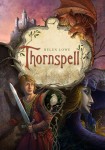
In exploring the prophetic dream tradition, both through reading other writers and in my own work, I suspect that we are also talking about aspiration—the innate human desire to affect our fate and exert control over destiny. The myths, of course, would say that any such aspiration is doomed, its fulfillment stillborn before it has taken the first breath of life.
But what do you think? Do you have a view on the use of dreams and portents in contemporary Fantasy, or a favorite book or series you feel uses them well?
---
Helen Lowe is a novelist, poet, interviewer and blogger whose first novel, Thornspell (Knopf), was published to critical praise in 2008. Her second, The Heir of Night (The Wall Of Night Series, Book One) won the Gemmell Morningstar Award 2012. The sequel, The Gathering Of The Lost, was shortlisted for the Gemmell Legend Award in 2013. Daughter Of Blood, (The Wall Of Night, Book Three) was published this year.
Helen posts regularly on her “…on Anything, Really” blog and is also on Twitter: @helenl0we



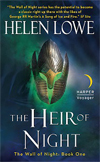
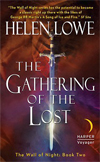
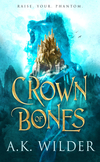
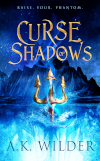
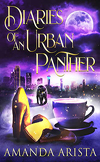
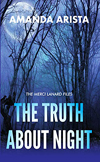

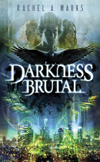
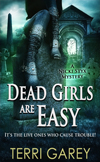
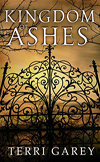
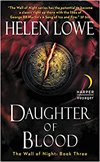
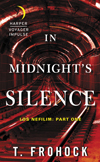
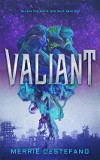
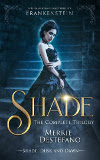

2 comments:
Tooting my own horn in a allied context.
I started one of the play by email RPGs I run, long ago, by having a Dreamer invade the dreams of all the player characters, warning them of a threat that they had to unite for. Since, some of the PCs have tried to learn how to use dreams and dream magic on their own.
So yeah, I'm a fan of dreams used well :)
That sounds very spooky, but also a lot of fun, Paul. I suspect it must be a great game to roleplay in!
Post a Comment